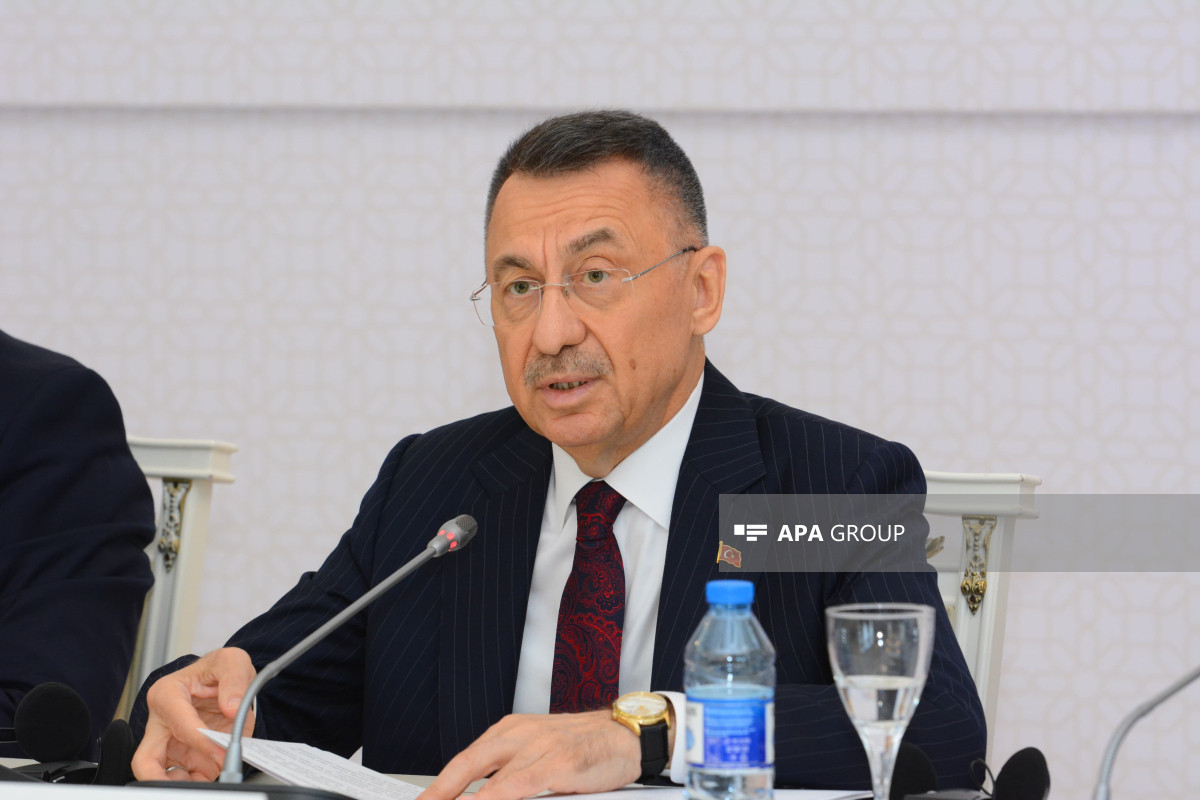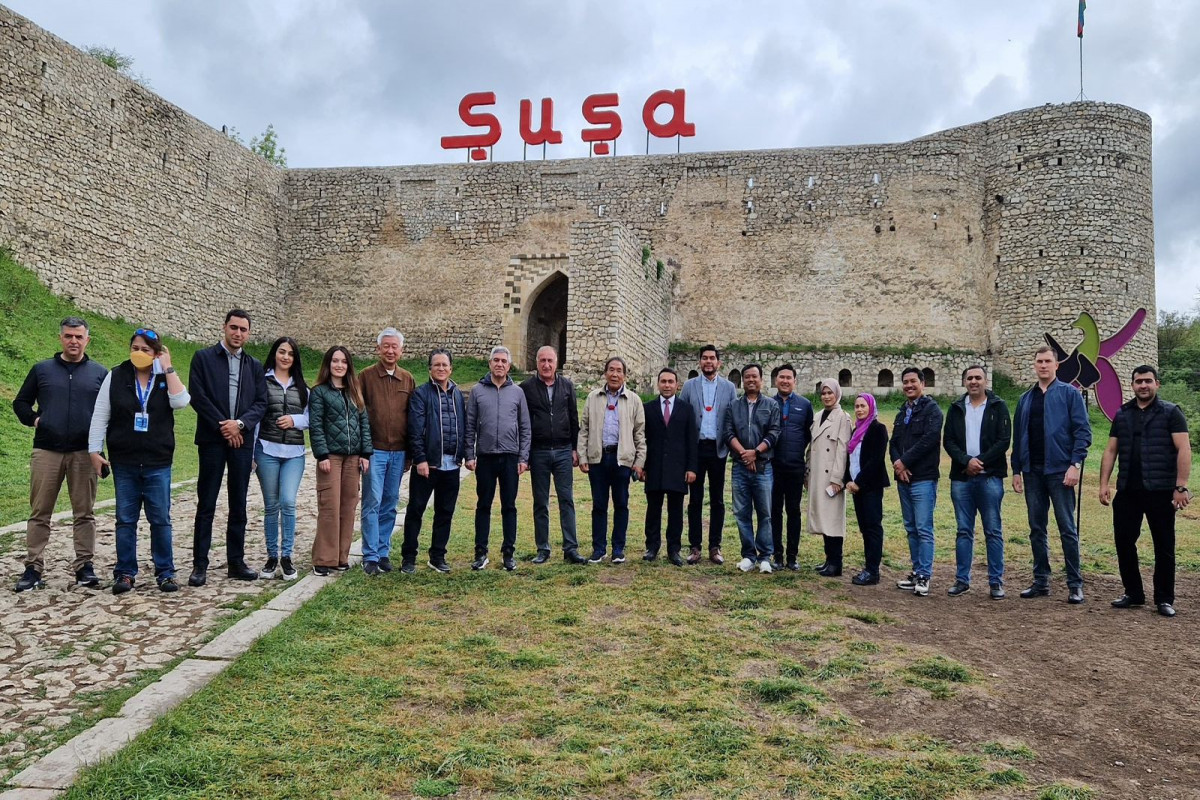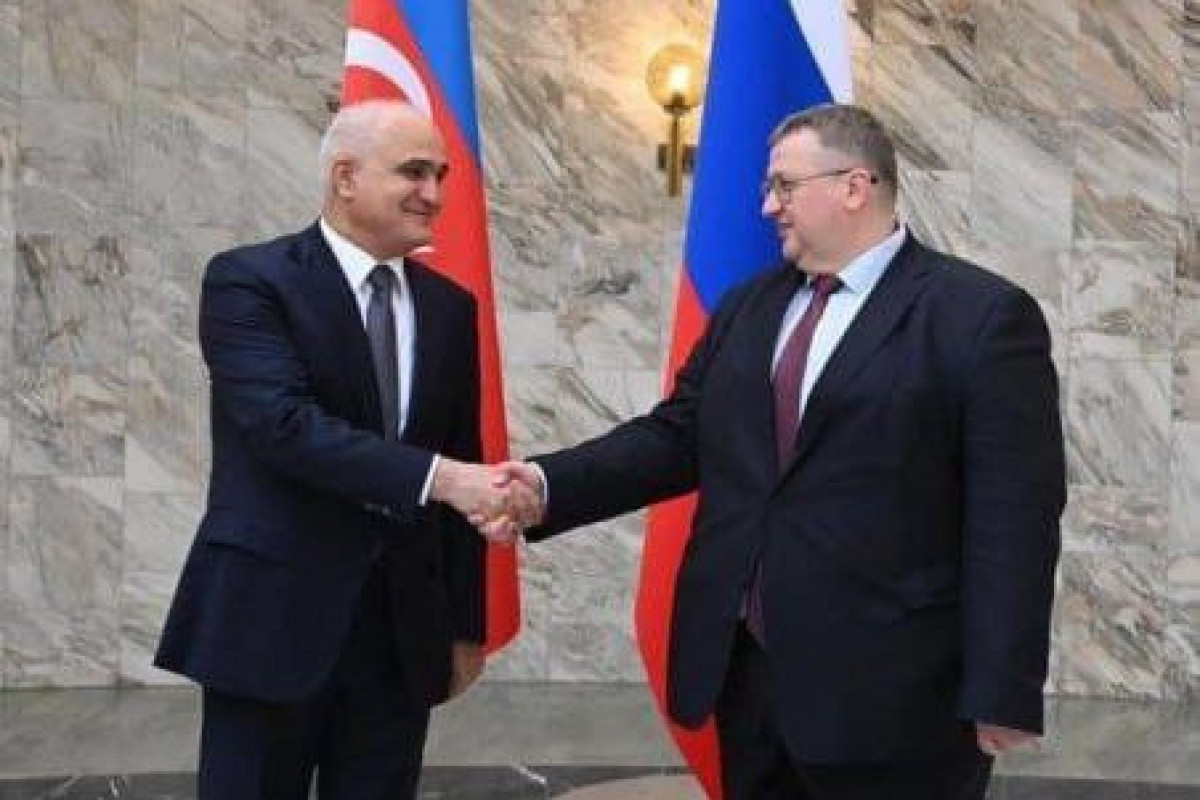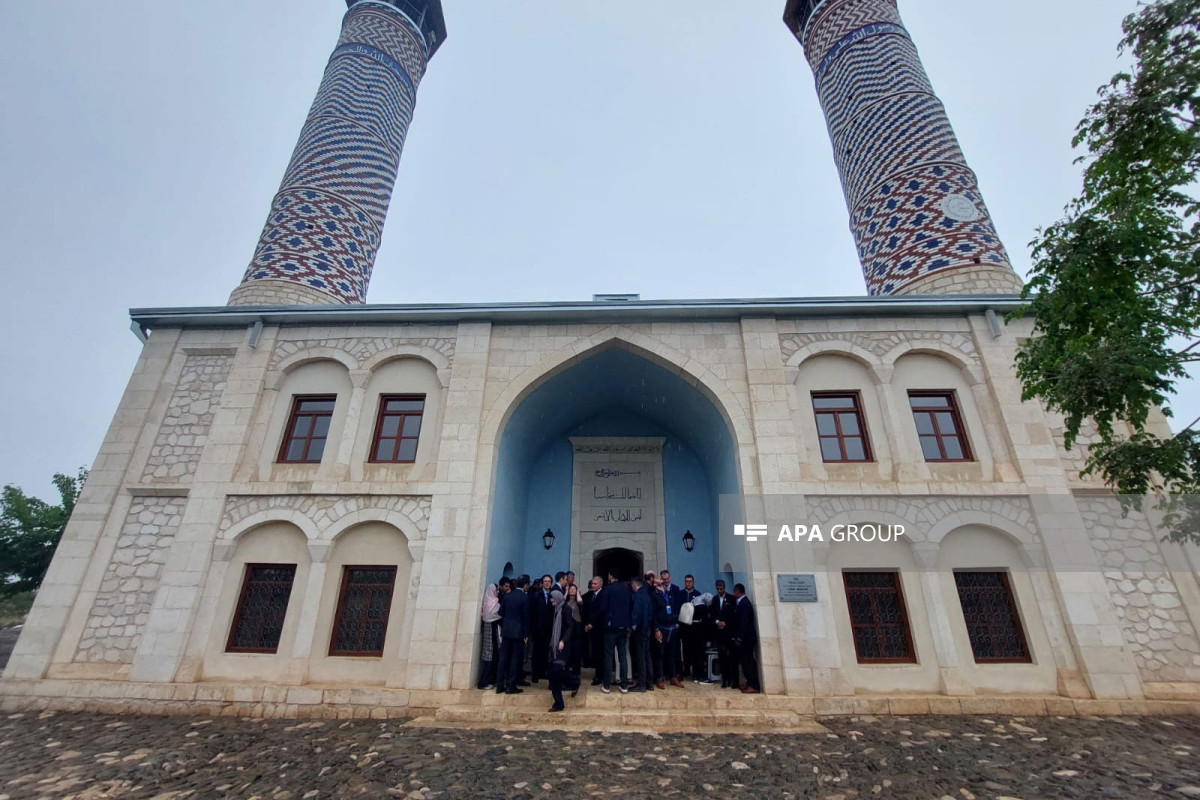Baku. Rufat Ahmadzada – APA. Acting Spokesman for Azerbaijan’s Ministry of Foreign Affairs Hikmet Hajiyev’s interview to APA
- In their statement on December 4, the OSCE Minsk Group co-chairs called for the Great Peace Agreement. What is the position of Azerbaijan?
- The statement, issued by the foreign ministers of the OSCE Minsk Group co-chair countries in Basel on December 4, emphasizes the importance of beginning negotiations on the Great Peace Agreement as soon as possible. Azerbaijan has repeatedly expressed its willingness to work on the Great Peace Agreement and Foreign Minister Elmar Mammadyarov reiterated this position in his speech at the 21st meeting of the OSCE Ministerial Council, held in Basel on December 4-5.
While Armenia, as you can see, takes no action to begin working on the Great Peace Agreement and tries to overshadow the agreement through different pretexts and the undue concordance of principles, by means of political speculation. The co-chairs latest statement said the elements and principles reflected in a joint statement by the Russian, U.S. and France presidents, especially those discussed at the last meeting in Paris are the basis of a comprehensive solution to the conflict. As the co-chairs stated, the time has come for a settlement to the conflict. There is no room for Armenia’s pretexts and lies.
- Armenian Foreign Minister Edward Nalbandian commented on the co-chairs’ call for a peaceful settlement to the conflict in a different way. What is the matter in fact?
- Nalbandian’s speech at the latestOSCE Ministerial Council was marked by his special hysterical tone and content. This hysteria Nalbandian has expressed is the depiction of the current desperate situation Armenia is in. Armenia deliberately distorts the co-chairs’ call for a peaceful settlement to the conflict. The call means the halt of occupation and aggression which form the basis of the "status-quo”. Heads of OSCE Minsk Group co-chair countries have always stressed inadmissibility of the "status quo" in their statements. Armenian troop withdrawal from Azerbaijan’s occupied territories and the end of occupation and aggression can change the "status-quo”.
How would you comment on statements about the possibility of avoidance of the military helicopter’s downing?
- For this kind of incidents not to take place, occupying Armenian forces must withdraw from Azerbaijani territories. Contrary to the positive trends seen in the talks following the presidents’ meetings in Sochi, Wales and Paris, Armenia has conducted large-scale military exercises in occupied Azerbaijani lands on provocative purpose, performing combat and assault maneuvers with its air forces. The exercises themselves were the biggest provocation. As stated in the co-chairs’ latest statement, Armenia has deliberately taken provocative steps instead of steering clear of actions that would escalate tension.
The Armenian side has on the other hand made the confidence building issue a tool for speculation. The greatest step for confidence building would be the withdrawal of Armenian forces from Azerbaijan’s occupied territories.
- The co-chairs also spoke of the humanitarian aspects of the conflict. How would you explain this?
- The co-chairs also refer to the Astrakhan statement made by the Azerbaijani, Armenian and Russian presidents in October 2010 on the humanitarian aspects of the conflict. Unfortunately, the Armenian side does not give information about the fates of over 4,000 Azerbaijanis gone missing as a result of the conflict. In a visit to the graves of their parents in their own homelands, Dilgam Asgarov and Shahbaz Guliyev were arrested, while Hasan Hasanov brutally killed. And then Dilgam and Shahbaz were put on illegal trial. As it seems, instead of taking concrete steps to settle the conflict, the Armenian side distorts the essence of the negotiations and the statement issued by the co-chairing countries on December 4. The Great Peace Agreement is on the agenda, Armenia should give a concrete response to this. The sooner Armenia comprehends this reality, the sooner it will be possible to achieve progress in the settlement of this conflict.




 PHOTO'>
PHOTO'>

